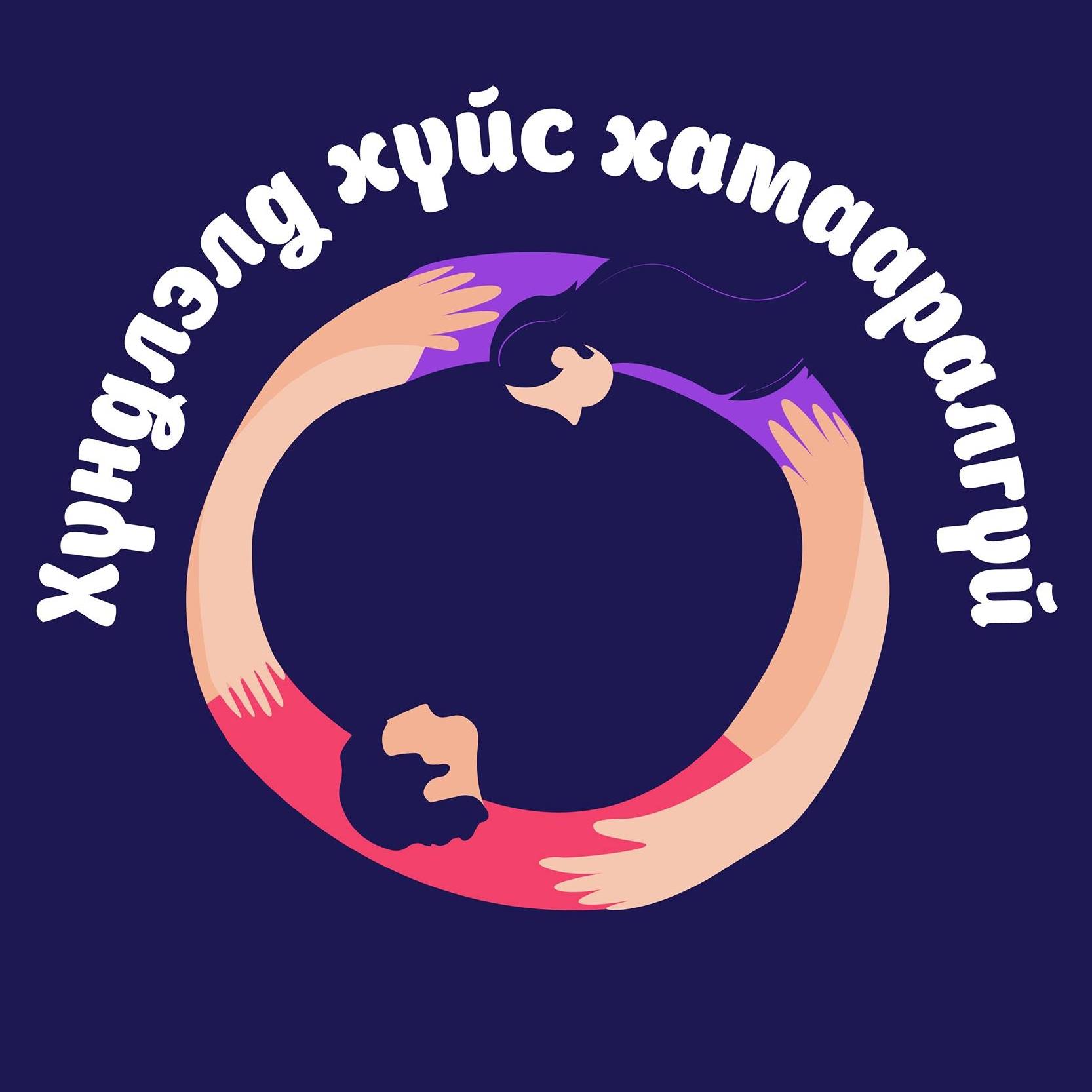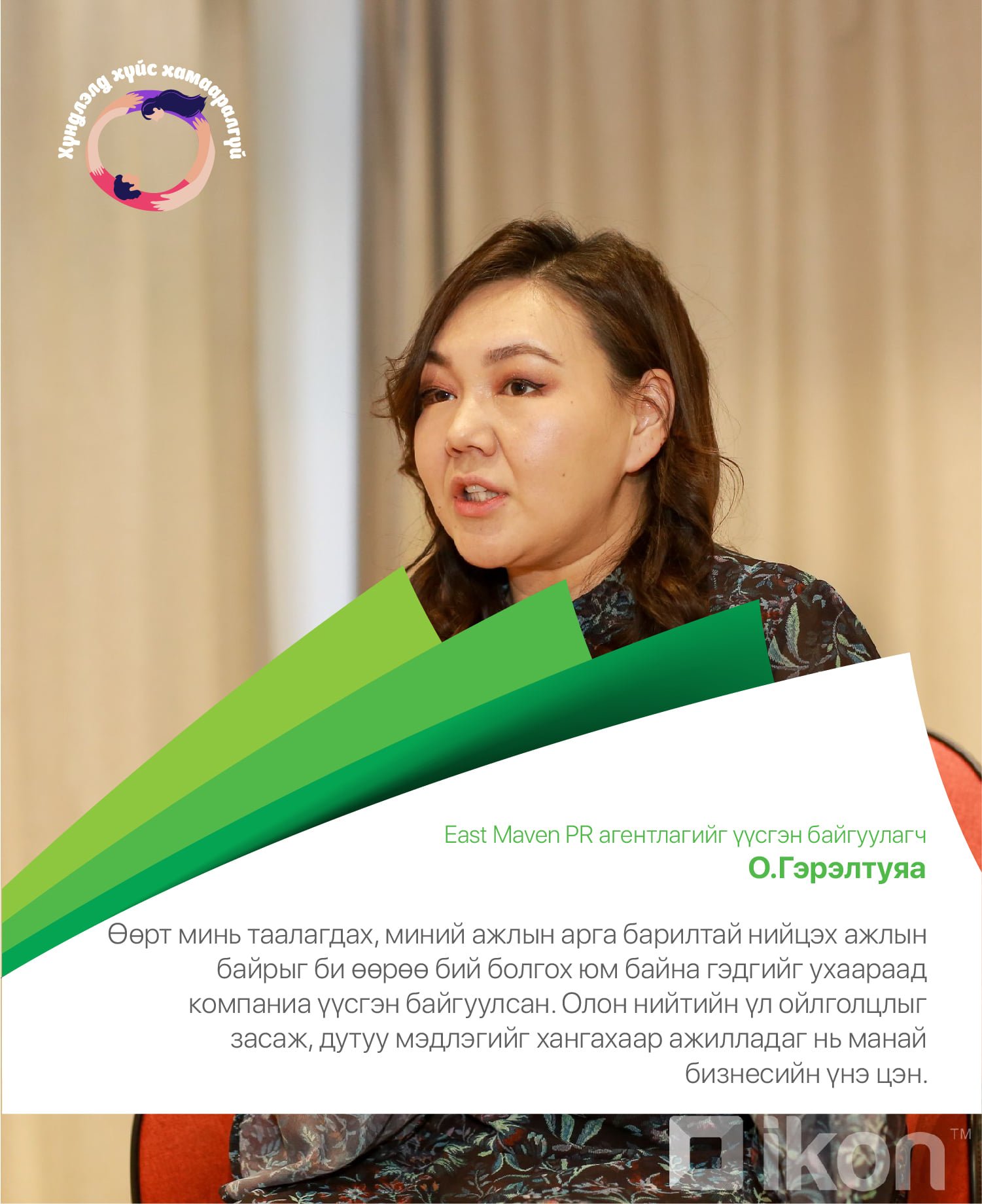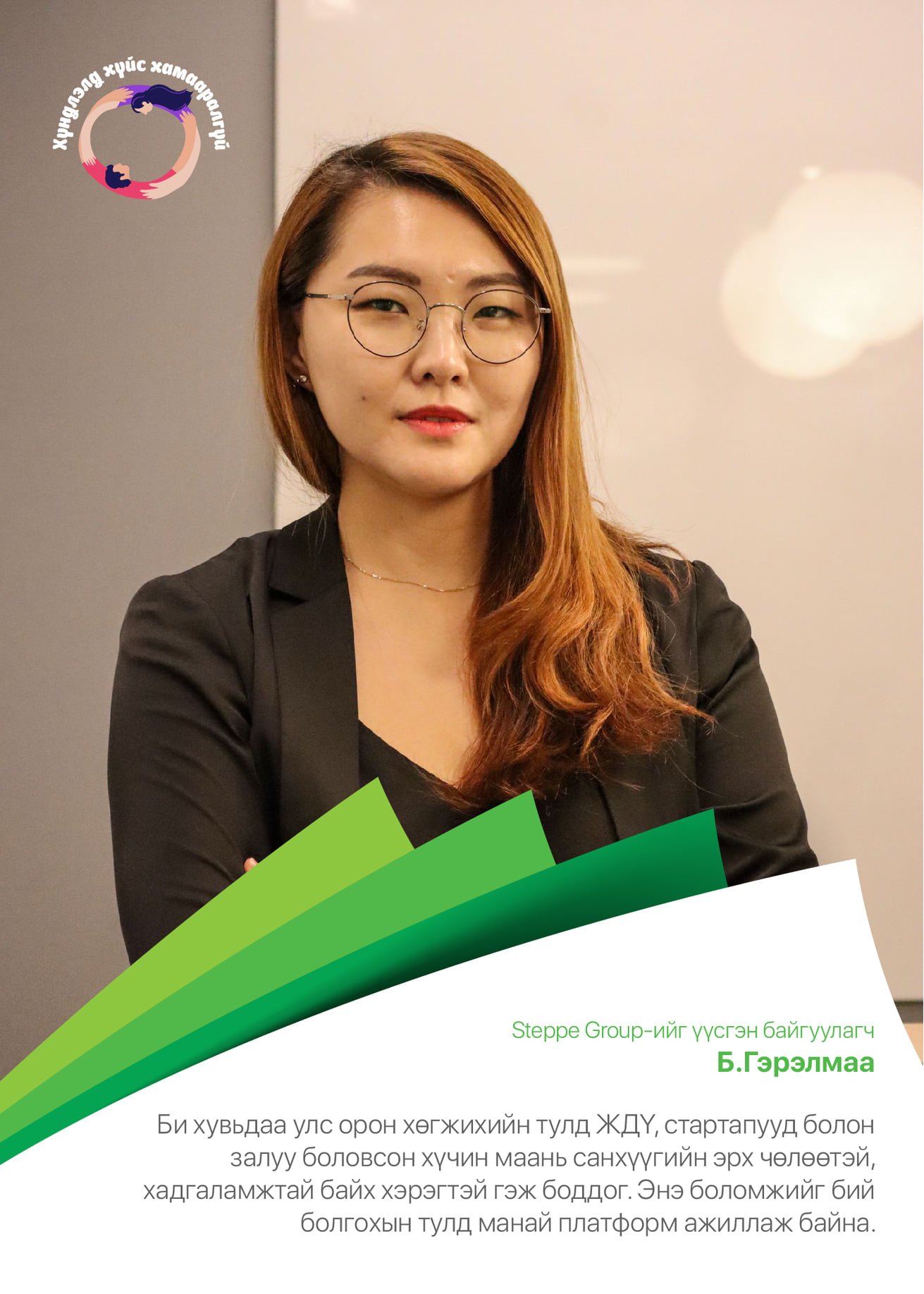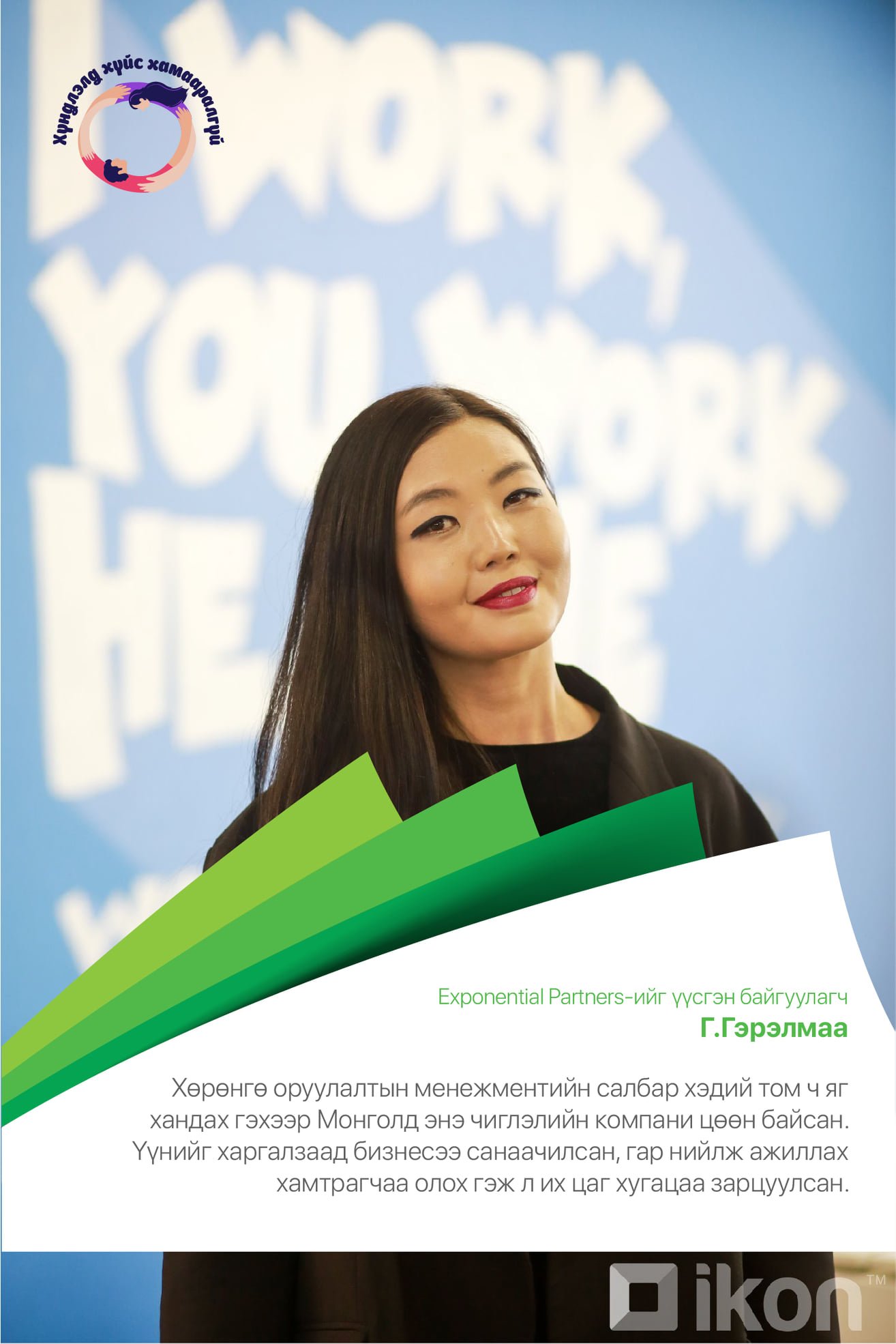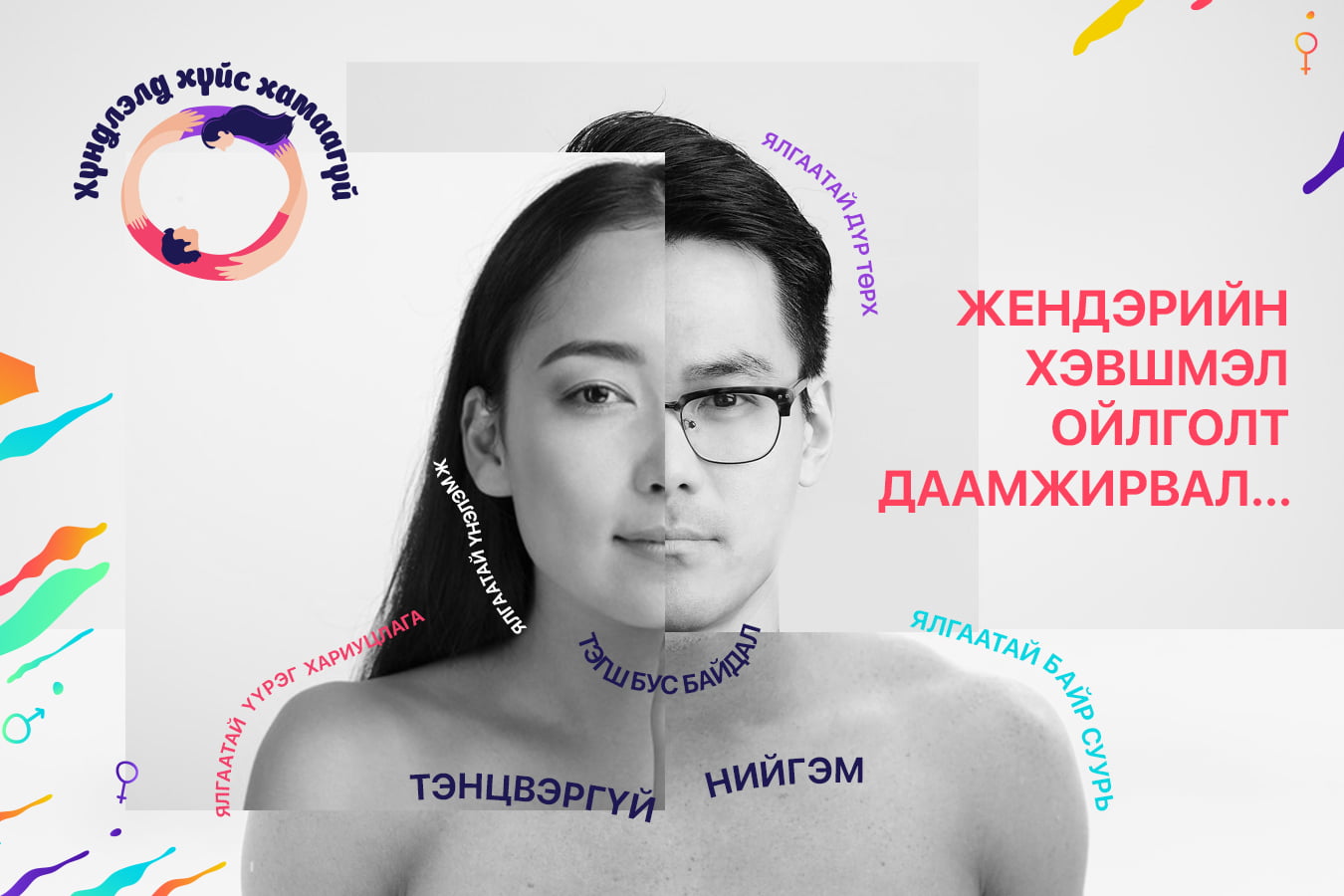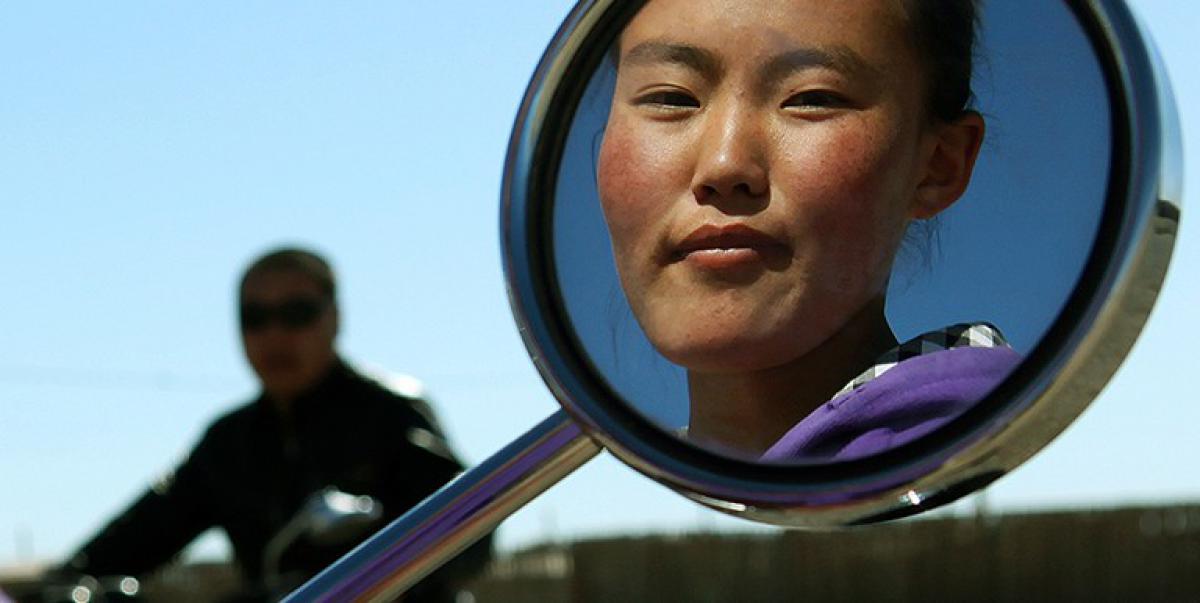‘Respect without Gender’ National Campaign
Category
Events, Media, PublishingAbout This Project
Mongolia, a country with a population of 3.3 million, started observing a steady decline in women’s participation in the labour market since 2006, with only 53.4% of women in employment in 2019. The life expectancy gap between men and women remained the second highest in the Asia Pacific region, averaging 9 years. Gender inequality was also being experienced by the youth and children. School dropouts among boys aged 14-17 were 8 times more than girls of the same age group. Research has shown that the most perceived obstacle to promoting gender equality across the sparsely populated nation was the persistence of gender stereotypes prevalent among its population.
The NCGE decided that it was high time that the government countered the widespread gender stereotypes and discriminatory attitudes head-on by launching a national campaign. EMPR as the communications consultancy team, teamed up with several NGOs to execute the six-month campaign at local and national levels.
In its implementations, the public communications needed to be cautious and yet smart in its approach to avoid further polarization in gender relations. To overcome misperceptions, the government and participants needed to break away from the one-sided narratives and introduce more current themes and fresh perspectives to drive deeper awareness. Recognising the diverse views of society, the campaign started engaging certain parts of the public with logically explained, fact-based persuasive messages.
Part of the challenge was to assert that gender equality was part of male interests, and so through intensified releases of content highlighting gender-disaggregated statistics, mind-bending facts, and human rights-centric viewpoints, we were able to draw increased awareness of the harmful consequences of gender stereotypes and inequality for both men and women.
As the campaign progressed, the focus was shifted to addressing gender stereotypes, gender-biased attitudes, and discrimination within family, employment, and social environments by inviting a wide range of public personalities and citizens into the discussions pinpointing specific types of gender stereotypes. As a result, 157 social media influencers, and civil society representatives were given a platform to vocally advocate gender equality through their opinions, experiences and stories facilitating non-biased attitudes towards gender and bringing awareness to more subtle forms of gender stereotypes.
Once public opinions started to form, we reinforced the pro-gender equality arguments and public discourse by purposefully proliferating the diversity of voices and opinions supporting the new narratives. At the final stage, we promoted stories highlighting positive and non-stereotypical stories of women who have achieved the ultimate level of participation in the labour market.
‘Respect Has No Gender’ campaign has been a one-of-a-kind effort that truly achieved a broad scale of civic engagements.
Outcomes
- 274 public communications products including articles, news, interviews, quizzes, radio and TV programs, reports, videos, infographics, posters, quotes and podcasts
- 48 media channels disseminated public communications products provided from the campaign
- 5 million people reached on Facebook (68.1% of the adult population)
- 4 million impressions, 460K engagements
- 3 million video content views (731,688 minutes viewed, 41.7% of the total views coming from recommendations only)
- 1,613 posts related to gender on Facebook and Twitter

